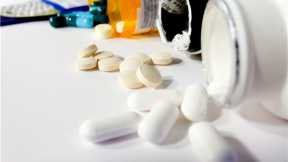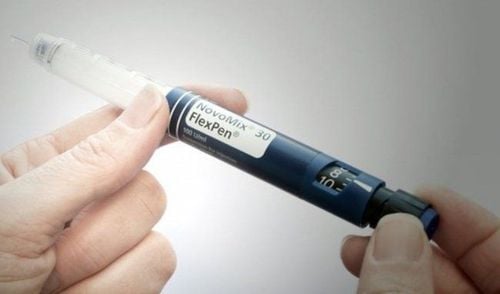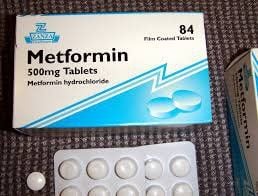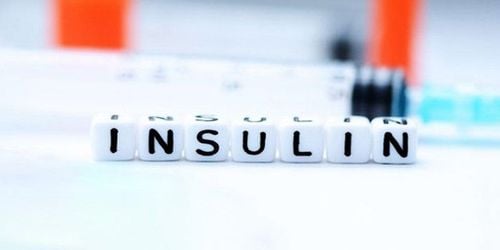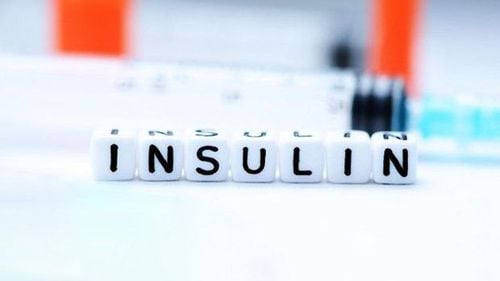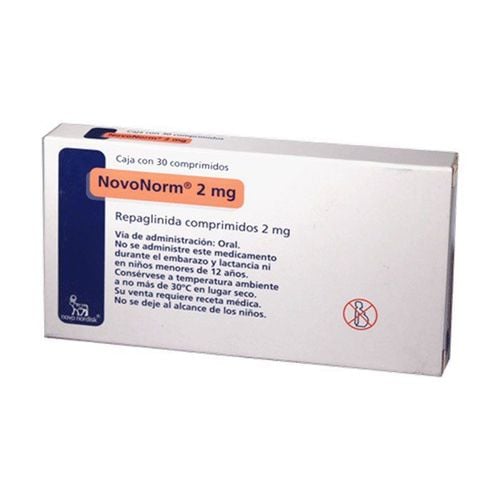This is an automatically translated article.
The article was professionally consulted by a General Internal Medicine Doctor - Department of Examination & Internal Medicine - Vinmec Nha Trang International General Hospital.Hypoglycaemia in diabetics is a fairly common complication during diabetes treatment, mainly caused by disorders of sugar metabolism or complications of uncontrolled treatment.
1. What is hypoglycemia?
Normal blood sugar (glucose) levels in humans range from 70mg/dl to 100mg/dl. Hypoglycemia is when blood sugar drops below 70mg/dl (3.9 mmol/L).This is a rare sign in normal people, but hypoglycemia in diabetics is very common. Severe lack of blood sugar can lead to coma, death if not detected and treated promptly.
2. Causes of low blood sugar in people with diabetes
Diabetics are being treated with insulin or oral drugs to stimulate the pancreas to secrete excessive insulin, affecting diabetic blood sugar. Changes in habits in people with diabetes such as diet, exercise or changing insulin doses can all cause low blood sugar. Co-morbidities with diabetes such as infections, endocrine disorders, drug use, alcohol consumption, tumors or malnutrition... Do not eat after insulin injection.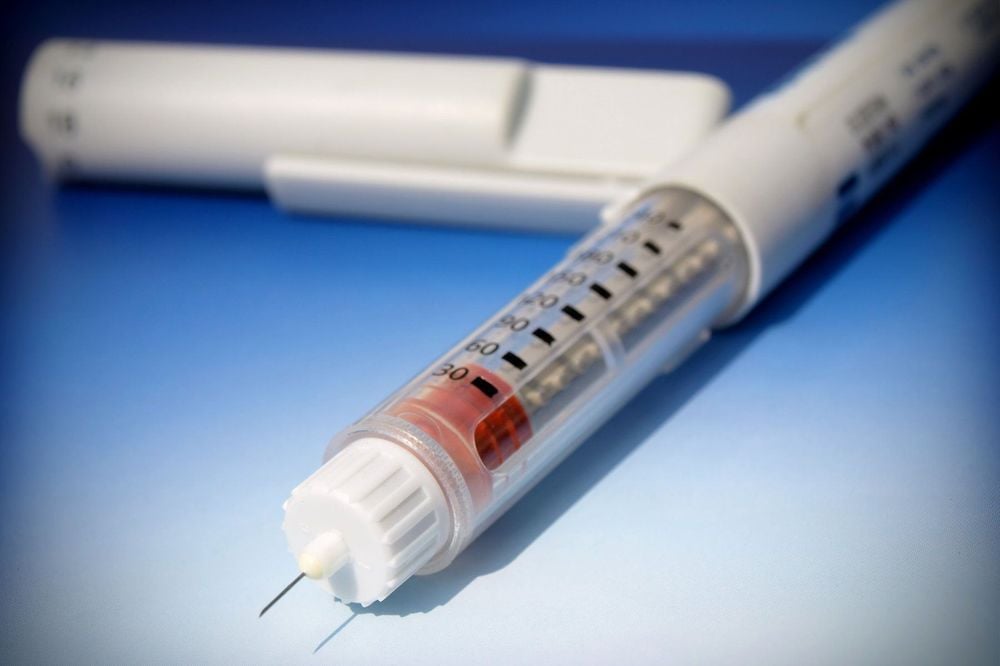
Không ăn sau khi tiêm insulin khiến bệnh nhân bị hạ đường huyết
3. The danger of low blood sugar in people with diabetes
Whether in a normal state or in a diabetic patient, hypoglycemia causes the organs in the body to fall into a state of energy deficiency and slows down metabolic activities.When blood sugar is low, the body will compensate by mobilizing energy from other sources such as lipids and proteins to meet a part of the body's needs, but this is only a temporary response. Of course, it is not enough for the needs of the organs, most especially the brain - the only organ in the body that only functions and depends entirely on glucose for energy.
Therefore, hypoglycemia in people with severe or prolonged diabetes can cause severe brain damage, coma, and even death. Therefore, the detection of signs of hypoglycemia and prompt and prompt treatment are decisive factors for the patient's prognosis.
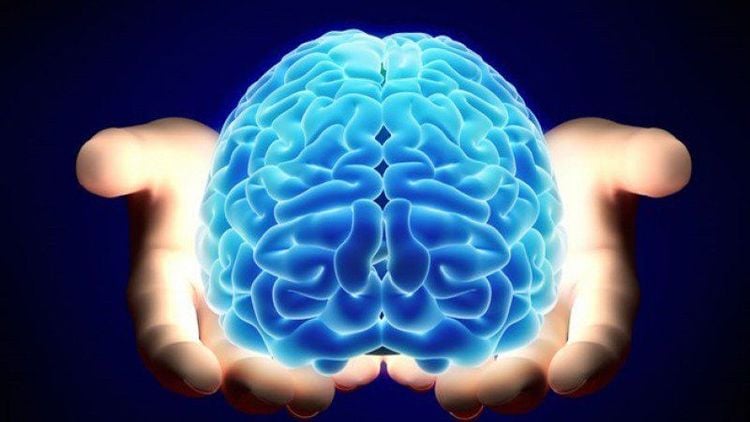
Hạ đường huyết khiến não bị tổn thương nặng nề
4. Signs of low blood sugar in people with diabetes
Signs of low blood sugar have similar symptoms to when the body is hungry but at a much more severe and serious level. These symptoms appear in 3 stages:The first stage (blood sugar drops to 3-4 mmol/l): When the blood sugar level is in this range, the patient will feel hungry, sweat, shiver limbs, nervous palpitations and fear... Most cases of hypoglycemia in people with diabetes in the early stages will be self-recognized and self-treated. Middle stage (blood sugar drops to 2-3 mmol/l): When blood sugar drops further, the patient will feel weakness in limbs or whole body, fatigue, headache, decreased vision, blurred vision and consciousness altered sensation (drowsiness). End stage: If blood sugar drops to a severe degree (when blood sugar drops to < 2 mmol/l), the patient may go into coma, convulsions and sometimes death if not treated. Statistics show that the majority of patients who have diabetes for a long time and have had neurological, vascular, or cardiovascular complications or a history of patients who have suffered from hypoglycemia many times, the signs and symptoms The upper hypoglycemia is very faint, not obvious, or even without any symptoms.
In addition, some diabetic patients with other diseases and are being treated in combination with drugs to treat heart failure, high blood pressure... the symptoms of hypoglycemia are also very faint. The reason is that these drugs will greatly reduce or completely eliminate the symptoms of hypoglycemia in the body. Therefore, these patient subjects may suddenly go into a coma without any warning signs.
Hypoglycemia can also occur while sleeping, manifesting: patients who are asleep will see many nightmares, wake up in the morning and find people drenched in sweat, very tired, uncomfortable, headache... must think about Hypoglycemia.

Khi ngủ dậy cảm thấy mệt mỏi có thể là do hạ đường huyết trong lúc ngủ
5. Treatment of hypoglycemia in diabetics
When there are signs of hypoglycemia, patients should immediately drink sugar water, eat cakes, candies, dairy products... These products contain fast-absorbing sugar to help increase blood sugar quickly.For severe hypoglycemia, the patient is lethargic, comatose, needs injection or intravenous infusion of a 20 - 30% hypertonic glucose solution (40 - 60 ml), which can be repeated if the patient is not awake. It is required that injection should be injected very slowly, the dose used should not exceed 60ml, then replaced by infusion of 10-15% sweet solution.
Intravenous glucose injection is also a valuable diagnostic test, the signs of coma will disappear immediately. If treated early, the patient can recover without leaving any sequelae.
6. Prevention of hypoglycemia in diabetic patients
Diabetics should not fast. Breakfast should not be skipped, especially the elderly, children, people with chronic diseases and weak bodies. Do not arbitrarily adjust insulin but must follow the doctor's prescription. Diabetics need to have a moderate exercise regimen, so they should have things like sweets on hand, when they feel signs of low blood sugar, they need to use it immediately. Limit alcohol intake, especially drinking without eating or eating less. However, an important issue in people with diabetes is to always control blood sugar closely, to avoid unfortunate complications. Currently, Vinmec International General Hospital is providing a diabetes screening package to help patients detect the disease early and improve treatment efficiency.To register for an examination at Vinmec International General Hospital, please book an appointment on the website to be served.
Please dial HOTLINE for more information or register for an appointment HERE. Download MyVinmec app to make appointments faster and to manage your bookings easily.




